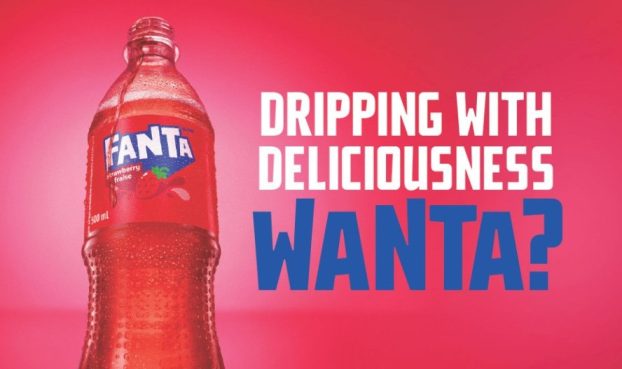Union Energy, the retail sibling of Vancouver-based natural gas distribution utility Union Gas, is the latest of a number of Canadian companies trying to put a face on that intangible something that many consumers take for granted – their utilities.
Union Energy entered the consumer side of the deregulated natural gas business in the spring of 1997 to take advantage of the deregulation of Ontario’s natural gas market.
The company, a subsidiary of Vancouver-based Westcoast Energy, was formed last year to handle the retail energy side of the business while Union Gas continued as the gas distribution utility.
Janet Paolatto, director of marketing for Union Energy, says separating the retail activities from the core utility activity gives the company a chance to develop relationships with its customers – a difficult task when a company is simply perceived as a natural gas pipeline into a home.
In addition to offering furnaces, air conditioning, fireplaces, water heaters and service and maintenance of those items, the retail outlets are where Union Energy will also offer customers the option of buying their natural gas supply from Union Gas, no matter which company currently provides their local service.
Paolatto says Union Energy plans to become a national company as soon as possible and is now furthering that goal – and the development of a relationship between its brand and consumers – at the grassroots level.
To that end, Paolatto says Union Energy has purchased 15 hvac (heating, ventilating, and air conditioning) companies over the last eight months and has created strategic alliances with some large manufacturers of hvac equipment such as Carrier Canada and CFM Majestic, a fireplace manufacturer.
‘Our acquisition strategy has been to acquire the best in the industry because they are well known in their local areas.
‘Our intent is to build our business through the goodwill they have built up over the years,’ she says, adding the transition period will eventually see these companies’ names changed to Union Energy.
To ease this transition and to build brand awareness, Union Energy recently held an agency review and has moved its advertising account (previously known as Union Gas) from MacLaren McCann to Griffin Bacal Volny of Toronto.
Rapp Collins Communicaide, a sister agency to gbv, handles the direct response component for Union Energy.
Union Gas and Consumers Gas have been the primary distributors of natural gas in Ontario, with Union’s territory being Southwestern and Northern Ontario.
Because Union Energy has made quite a few acquisitions in areas where even Union Gas has been unknown, notably the Greater Toronto Area and the Winnipeg region, Paolatto says the whole marketing and advertising strategy is really about developing a consistent approach.
Union Energy came into the market at the same time as several other companies including Consumersfirst, the retail arm of Consumers Gas, and Sunoco Home Energy, a subsidiary of Calgary-based petroleum company Suncor Energy.
Paolatto says that right now most consumers can’t be bothered to change utilities.
She says it’s a low-interest category and with savings of about 10%-off utility pricing really amounting to about $20 a year for most consumers, it hasn’t been compelling enough for them to make that decision.
To make that change, she says a company like Union Energy has to first win their trust through other products and services at the retail level and the sale of energy will be just added value.
While the natural gas industry had already been deregulated for 10 years, until last year unregulated activities were limited to supplying natural gas to industrial clients.
This deregulation has also seen the proliferation of independent agent/broker firms and the northern migration of u.s. utility and energy management companies such as Detroit Edison and Enron Corp. of Houston, Tex. Enron has set up a subsidiary called Enron Capital & Trade Resources Canada Corp. and formed an alliance with Calgary-based Petro-Canada Oil and Gas to help Petro-Can market its natural gas in North America.
The positioning of companies as ‘energy’ companies rather than ‘natural gas’ or ‘electric’ specialties recognizes that after the enactment of Ontario Bill 35 and following further deregulation in the year 2000, companies can become brokers of both natural gas and electricity.
Natural gas companies such as Union Energy, Consumersfirst and Sunoco have said they plan to offer electricity to customers following deregulation.
On the flip side, hydro utilities are also beginning to position themselves as one-stop utility suppliers, and are planning to horn in on the territories of the natural gas companies.
Next issue: Toronto Hydro lights up its own branding strategy.























